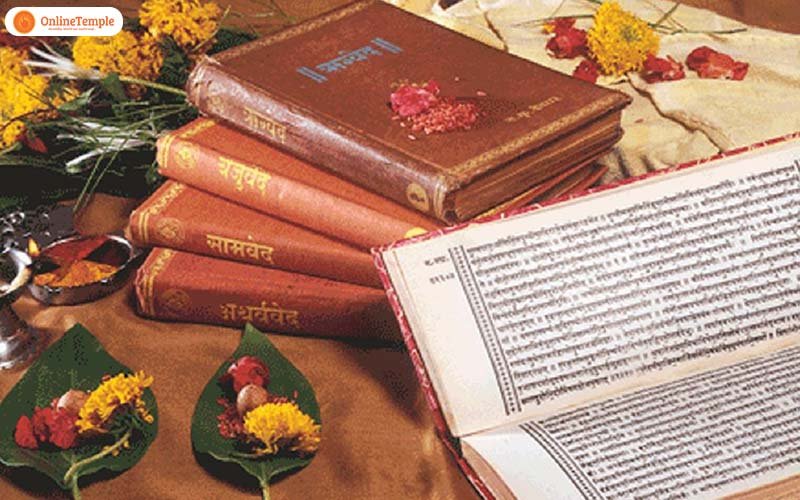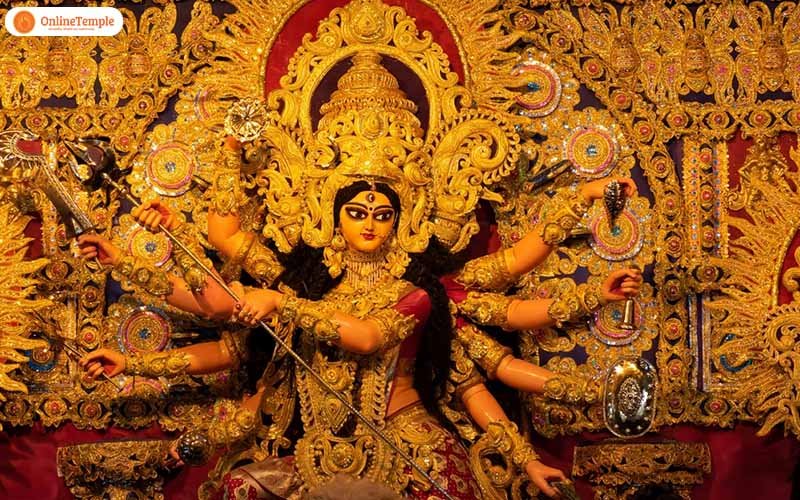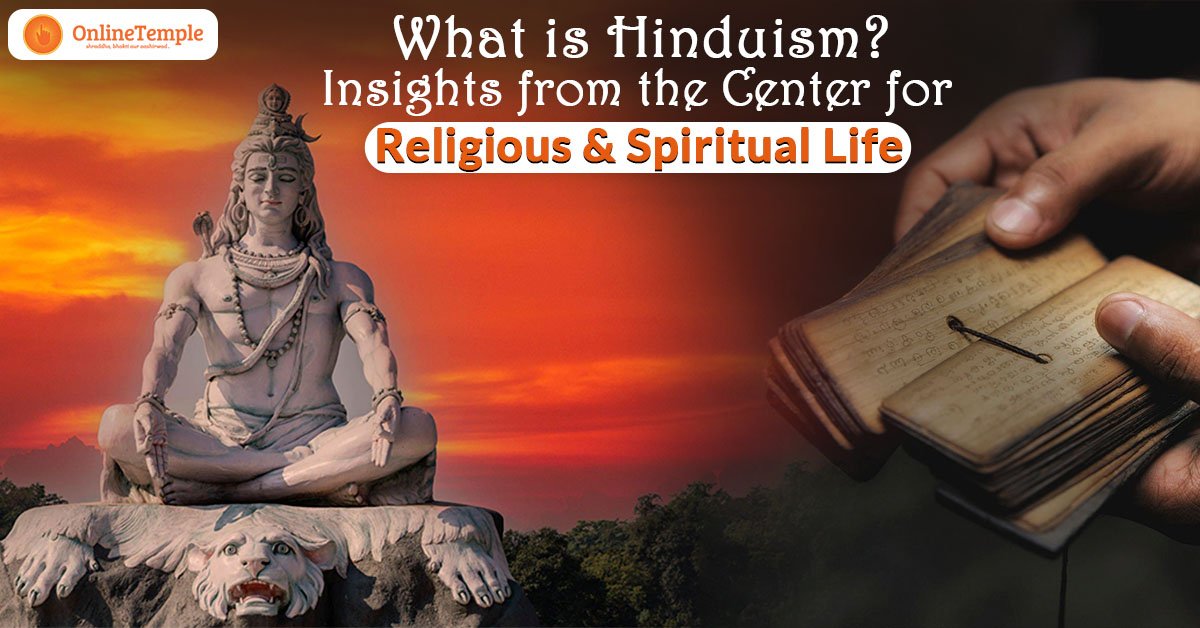When and how was Hinduism founded? The historical founders of Hinduism include many intellectuals, sages, and teachers, but none of them can be compared to Jesus, the Buddha, Abraham, or Muhammad. As a result, Hinduism too lacks a clear historical beginning. The Vedas, the earliest known sacred texts of Hinduism, date to at least 3000 BCE, however, some Hindus place them even further back in time, between 8000 and 6000 BCE; some even think that these texts are of divine origin and therefore eternal.
Additionally, it is significant to remember that official Hindu theory and practice are not governed by a distinct religious hierarchy. As a result, nobody can say what is or is not “truly” Hindu or speak for Hindus as a whole. However, the following is a list of values that, in the opinion of practitioners, define one as “Hindu.” Additionally, you can browse through Online Temple to book the best Hindu online puja services.
Hallowed Scriptures of Hinduism

There is no one, official text within Hinduism that fulfills the same function as the Bible or Qur’an does for Christians and Muslims, respectively. Instead, there are numerous different text compilations. The Vedas are the most authoritative and ancient of the Hindu sacred books. It is thought that they were written between 1800 and 1200 BCE.
The Upanishads, which were composed roughly between 800 and 400 BCE—around the same time the Buddha lived and taught—describe a more philosophical and theoretical approach to Hinduism practice. The Bhagavad-Gita, maybe the best-known and most frequently mentioned book in all of Hinduism, is a section of the world’s longest epic poem, the Mahabharata. The Ramayana is the other most significant epic poem in Hinduism.
Gods and Goddesses in Hinduism

Hinduism accepts a deep, broad view of the holy that is open to a vast array of vibrant, diverse beliefs. According to Hinduism, the divine is neither singular nor plural; male nor female; neither formless nor corporeal; but both. Hinduism places a high value on a number of gods, including Vishnu, Shiva, Ganesha, Krishna, Sarasvati, Durga, and Kali.
As a result, there are countless Hindu festivals dedicated to and honoring these numerous deities. While many more are primarily regional, some are observed across all of India. They signify particular times of the year, particular occasions in the lives of the various gods and goddesses, and particular aspects of life, such as wealth, fertility, and health. Two of the most well-known holidays are Divali and Holi. Moreover, at Online Temple, you can peruse and book top-notch Hawan & Yagna services online.
Hindu Worship & Prayers
For Hindus, there is no prescribed day or hour when a community is called to come together for public worship. Though most Hindus do visit temples frequently or at least occasionally, a “good” Hindu is not obligated to do their worship in front of others. The house is a particularly important venue of worship in India because all forms of worship can be offered to icons there.
Puja, which means respect, homage, or worship, is the greatest phrase to express and sum up Hindu worship. The majority of Hindus, if not all of them, have little altars in their homes where they place sculptures and/or images of different gods, particularly those to whom the family is most devoted. Every morning, one family member will conduct a little puja at the altar. This person is typically the mother or father. This could entail reciting prayers, turning on a lamp, sprinkling incense, making fruit and flower offerings, and tolling a bell. This type of devotion aims to please the gods with all five senses.
Many of the same rituals are performed in temple worship, but the ceremonies are far more complicated because deities are believed to always reside in temple representations, as opposed to only being welcomed, as in a house puja. In temple worship, once the puja is over, the priest returns some of the food, flowers, or other things that the worshippers had originally brought as an offering to the god. This is known as prasad, which is a Sanskrit word that means grace, benevolence, or benediction. Furthermore, you have the option to explore Online Temple and avail yourself of the finest Hindu online puja services.
How are Sculptures Integrated Into Worship?
Sacred artworks help Hindu believers understand the incomprehensible divine. These images may be abstract, anthropomorphic, or resemble humans. These sculptures are all regarded as equally sacred, regardless of whether they are made of clay or gold. Hindu art conveys holiness that cannot be seen through visual analogies. While numerous depictions of Hindu deities, goddesses, and saints are thought to permanently embody the spirit of the corresponding divine being, certain images are ceremoniously bathed and adorned to welcome the deity or saint into the representation of a temporary presence.
In addition, for individuals who wish to seek the divine blessings of God but are uncertain about the first steps. Consider visiting Online Temple and scheduling the Hindu online puja services today!
Also Read: What is the Right Way to Worship Lord Surya and its Benefits?

